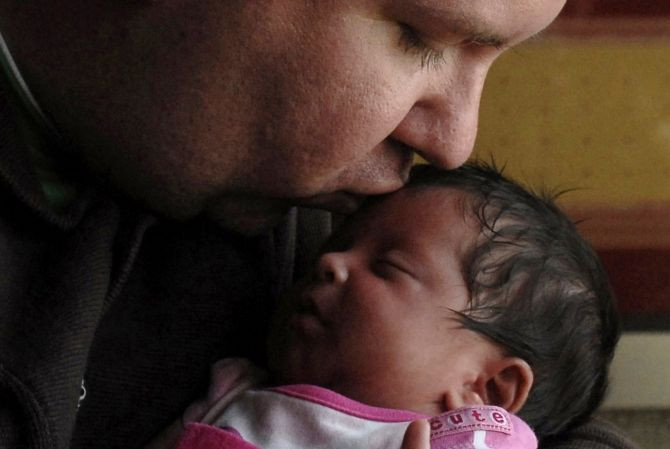Antioxidants Boost Sperm Quality in Older Men

Older men can improve the quality of the DNA that they pass on to their kids by eating a healthy diet that is rich in antioxidants. DNA carries the genetic information in the body's cells.
Nutrients have been shown to protect the DNA from oxidative damage. A new study has found that a diet with high levels of micronutrients helped men have better sperm quality.
"It appears that consuming more micronutrients such as vitamin C, E, folate and zinc helps turn back the clock for older men. We found that men 44 and older who consumed at least the recommended dietary allowance of certain micronutrients had sperm with a similar amount of DNA damage as the sperm of younger men," said Andy Wyrobek of Berkeley Lab's Life Sciences Division.
Young men who had higher levels of nutrients in their food, however, had no changes in their sperm quality.
The study included 80 healthy male volunteers between the ages of 22 and 80. Researchers found that men over 44 years of age who had higher levels of vitamin intake had lower levels of DNA damage in their sperm compared to men who were 44 or over and had low levels of vitamin intake.
Previous research shows that men over 35 have a high risk of fragmented DNA, chromosomal rearrangements and strand damage in the DNA of the sperm. Medical Daily had earlier reported that older men are more likely to pass on more gene mutation linked to autism and schizophrenia.
In the study, the participants were given questionnaires that asked them about their lifestyle. All the participants underwent sperm DNA quality assessment. The participants' daily nutrient intake was classified as low, medium or high.
Researchers found that even the men who reported themselves as healthy didn't get the recommended amount of nutrients from their diet.
A diet rich in antioxidants can help protect the sperm because antioxidants help in getting rid of the free radicals that damage the cells. Increasing levels of antioxidants in food can lower the amount of damage to the DNA.
"This means that men who are at increased risk of sperm DNA damage because of advancing age can do something about it. They can make sure they get enough vitamins and micronutrients in their diets or through supplements," added Wyrobek, according to a press release.
The study was published in Fertility and Sterility.



























